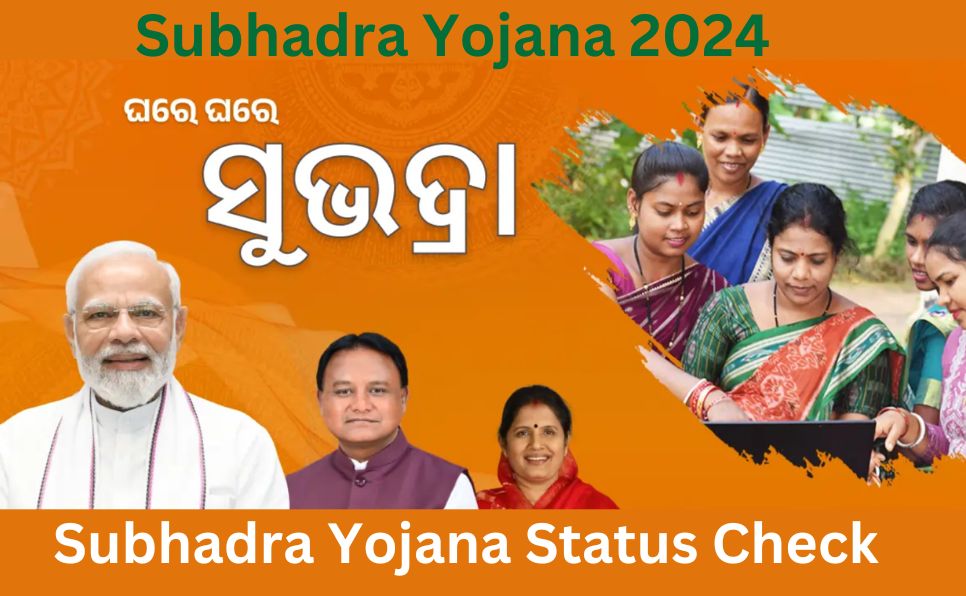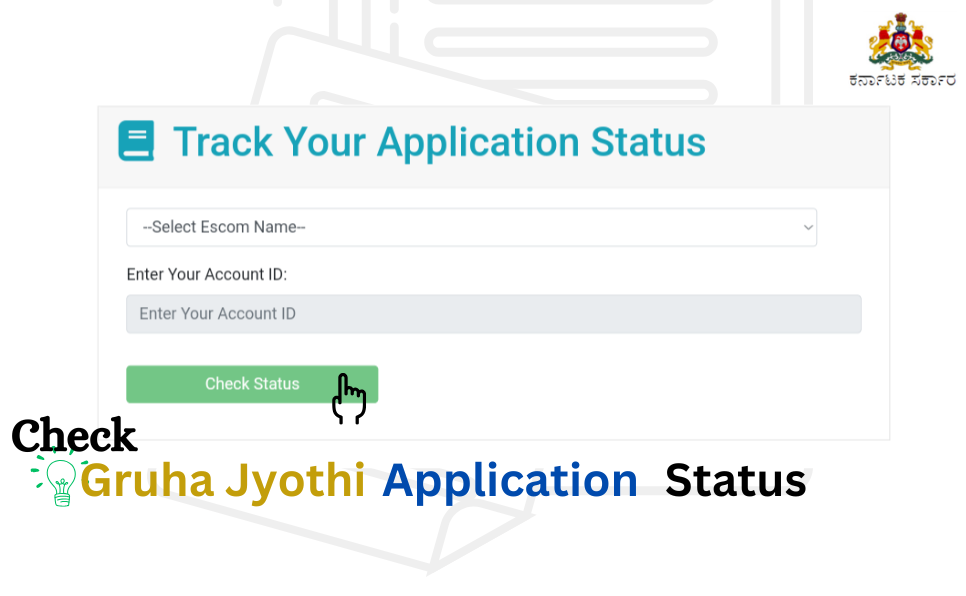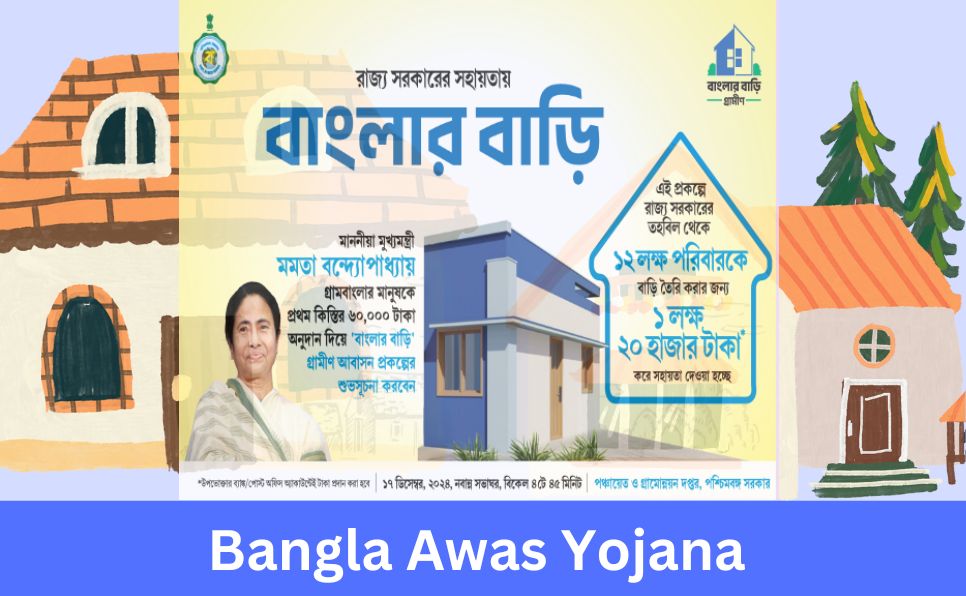The Telangana government has initiated various beneficial schemes for the farmers of the state. These initiatives are designed to provide financial support, technological assistance, and sustainable practices to improve the livelihoods of farmers and ensure food security.
This article provides an overview of the key schemes introduced by the Telangana government, highlighting their objectives and benefits for the farming community.
1. Rythu Bharosa Scheme
The Telangana Government has launched the Rythu Bharosa Scheme to support farmers financially by offering a direct grant of Rs. 6000 per acre for each crop season. This support helps farmers purchase essential inputs like seeds, fertilisers, pesticides, and cover labour costs, thereby reducing their financial burden and encouraging sustainable farming practices.
Overview:
| Details | Description |
| Scheme Name | Rythu Bharosa Scheme |
| Implementation | Telangana Government |
| Support Provided | Rs. 12000 (Rs. 6000/- per acre per farmer per season (Kharif & Rabi)) |
| Purpose | To assist farmers with input costs such as seeds, fertilisers, pesticides, labour, and other crop-related investments. |
Objectives:
- Provide financial support for the input purchase
- Promote sustainable farming practices
Benefits:
- Reduces the financial burden on farmers
- Enhances crop productivity and farmer income
2. Rythu Bandhu – Farmers Group Life Insurance Scheme (Rythu Bhima)
The Telangana Government has implemented the Rythu Bhima scheme to insure farmers’ lives and support their families financially in times of distress. The scheme provides a sum assured of Rs. 5,00,000 to the nominees in the event of a farmer’s death, ensuring that the dependents are protected from financial hardship.
Overview:
| Details | Description |
| Scheme Name | Rythu Bandhu – Farmers Group Life Insurance Scheme (Rythu Bhima) |
| Implementation | Telangana Government |
| Coverage | Life insurance for farmers and financial support for dependents in case of the farmer’s death |
| Sum Assured | Rs. 5,00,000 payable to the nominee |
Objectives:
- Provide immediate financial relief to bereaved families
- Safeguard the livelihood of small and marginal farmers
Benefits:
- Rs. 5,00,000 in case of the farmer’s death
- Financial security for dependents
3. Seed Village Programme
The Seed Village Programme supports the multiplication and distribution of quality seeds by establishing seed villages at the local level. Farmers receive foundation or certified seeds at subsidised rates, improving seed quality and ensuring timely availability, thereby boosting crop productivity.
Overview:
| Details | Description |
| Scheme Name | Seed Village Programme |
| Implementation | Under the National Mission on Agriculture Extension & Technology (NMAET) |
| Support | 50-60% subsidy for the distribution of foundation/certified seeds |
| Target | To ensure a timely supply of quality seeds, improve seed quality, and increase the seed replacement rate |
Objectives:
- Improve the quality of farm-saved seeds
- Increase adoption of high-yielding varieties
- Quick multiplication of new seed varieties
Benefits:
- Better crop yields
- Enhanced productivity
- Cost-effective seed availability
4. Farm Mechanisation
This scheme encourages mechanisation by providing a 50% subsidy on various farm machinery. This helps address labour shortages, reduces cultivation costs, and enhances productivity, especially on small and marginal farms.
Overview:
| Details | Description |
| Scheme Name | Farm Mechanisation Scheme |
| Implementation | Telangana Department of Agriculture |
| Support | 50% subsidy on machinery such as tractors, power tillers, harvesters, post-harvest equipment, etc. |
| Objective | To reduce manual labour, increase efficiency, and improve productivity |
Objectives:
- Promote mechanisation for timely operations
- Address labour shortages
- Increase land under cultivation
Benefits:
- Cost reduction and productivity boost
- Efficient farming practices
- Enhanced farm income
5. Rastriya Krishi Vikas Yojana (RKVY)
RKVY aims to incentivize states to formulate strategic plans considering local agro-climatic conditions and resources. The scheme promotes integrated farm development, including livestock, poultry, and fisheries, to improve overall agricultural productivity and sustainability.
Overview:
| Details | Description |
| Scheme Name | Rastriya Krishi Vikas Yojana (RKVY) |
| Implementation | Union Ministry of Agriculture |
| Purpose | To incentivise states to prepare comprehensive agricultural plans considering local agro-climatic conditions, resources, and technology |
| Additional Support | Special schemes for land reforms, livestock, poultry, fisheries, and rainfed areas |
Objectives:
- Promote integrated agricultural development
- Address diverse agro-ecological zones
Benefits:
- Improved productivity and resource use
- Tailored interventions for better outcomes
6. Rainfed Area Development Scheme (RAD)
RAD aims to mitigate weather-related risks in rainfed areas by promoting resource-efficient cropping systems, drought-resistant technologies, and livelihood diversification. The scheme seeks to ensure food security and income stability for farmers in these vulnerable zones.
Overview:
| Details | Description |
| Scheme Name | Rainfed Area Development Scheme (RAD) |
| Implementation | Under the National Mission for Sustainable Agriculture |
| Target Area | Approximately 75% of the land under arid, semi-arid, and dry zones |
| Purpose | To improve productivity, reduce the risks of crop failure, and enhance farmers’ income in rainfed areas |
Objectives
- Promote sustainable farming systems
- Minimise crop loss risks
- Create employment opportunities
Benefits
- Increased resilience against droughts and floods
- Enhanced livelihood security
- Poverty reduction and income stability
7. Agriculture Technology Management Agency (ATMA)
ATMA functions as a decentralised extension system, integrating research, extension, and farmers to improve technology dissemination. It works to strengthen farmer-research linkages, promote private sector participation, and build capacity among extension workers and farmers.
Overview:
| Details | Description |
| Scheme Name | Agriculture Technology Management Agency (ATMA) |
| Implementation | Telangana (7 states, 33 districts) |
| Funding Pattern | 60% Central, 40% State share |
| Objectives | To develop efficient extension systems, promote technology dissemination, and strengthen research-extension-farmer linkages |
Objectives
- Capacity building of farmers and extension staff
- Strengthen the public-private extension partnership
- Promote demand-driven, research-based extension
Benefits
- Increased adoption of suitable technologies
- Improved farming practices
- Broader reach and impact
8. Pradhan Mantri Kisan Maan Dhan Yojana (PM-KMY)
Launched in 2019, PM-KMY is a social security scheme providing a monthly pension to farmers aged 60 and above, who contribute regularly. The scheme aims to address the financial vulnerability of small and marginal farmers in their old age.
Overview:
| Details | Description |
| Scheme Name | Pradhan Mantri Kisan Maan Dhan Yojana (PM-KMY) |
| Launch Date | August 9, 2019 |
| Target | Small and marginal farmers (SMFs) aged 18-40 years |
| Pension | Rs. 3000/- per month from age 60 onwards |
Objectives
- Provide social security and old-age income support
- Address minimal savings of small/marginal farmers
Benefits
- Ensures financial stability after retirement
- Peace of mind and livelihood security in old age
9. Subsidy Seed Distribution
This scheme provides farmers with subsidised seeds of various crops to ensure timely access to quality planting material. The subsidy amount varies depending on the crop, helping farmers reduce input costs and improve crop yields.
Overview:
| Details | Description |
| Scheme Name | Subsidy Seed Distribution |
| Objective | To distribute seeds of crops like Paddy, Jowar, Maize, Pulses, Groundnut, Castor, etc., at subsidised rates |
| Support Pattern | Varies depending on crop |
Objectives
- Promote the adoption of quality seeds
- Reduce seed costs for farmers
Benefits
- Increased crop productivity
- Better crop quality and yields
10. Soil Health Card Scheme (SHC)
Under the Soil Health Card Scheme, soil testing laboratories assess soil health and issue cards with specific recommendations. The scheme aims to promote sustainable agriculture by encouraging integrated nutrient management, organic farming, and better resource utilisation, ultimately improving soil health and crop yields.
Overview:
| Details | Description |
| Scheme Name | Soil Health Card Scheme (SHC) |
| Implementation | Under the National Mission for Sustainable Agriculture (NMSA) |
| Objectives | To improve soil productivity, conserve resources, and promote sustainable practices |
| Key Components | Soil testing, integrated nutrient management, organic farming promotion, and quality control of fertilisers |
Objectives
- Increase productivity and sustainability
- Better soil health and crop yields
- Reduce the overuse of chemical fertilisers
- Environment-friendly farming
Benefits
- Enhance farmers’ knowledge and skills
- Improved farm management practices
11. National Food Security Mission (NFSM)
Launched in 2007, NFSM emphasises increasing the production of key food grains by promoting improved seeds, better farm practices, and nutrient management. In Telangana, it supports various components including rice, pulses, coarse cereals, and nutrient-rich crops to meet national food security goals.
Overview:
| Details | Description |
| Scheme Name | National Food Security Mission (NFSM) |
| Launch Year | October 2007 |
| Focus Areas | Pulses, Coarse cereals, Rice, Nutri cereals, Commercial crops |
| Objectives | To increase food grain production through area expansion and productivity improvements |
Objectives
- Boost production of rice, pulses, and cereals
- Restore soil fertility
Benefits
- Enhanced food security
- Better crop yields and farm income
Frequently Asked Questions
I’m a small farmer. How can I apply for the Rythu Bharosa Scheme, and do I need to repay the amount?
No repayment is required. Rythu Bharosa is a direct benefit transfer (grant) and not a loan. If you own agricultural land in Telangana, you’re automatically eligible. The amount is directly credited to your bank account linked to your land records.
What happens if a farmer dies suddenly? How does the Rythu Bhima scheme help the family?
Under the Rythu Bhima scheme, the farmer’s nominee (usually a family member) receives ₹5,00,000 as life insurance coverage. The claim process is simple and handled by the Department of Agriculture in coordination with LIC.
Are there any schemes to help with high input costs, like tractors or harvesters?
Yes, the Farm Mechanisation Scheme provides a 50% subsidy on a range of agricultural machinery, including tractors, power tillers, and harvesters, to reduce labour dependency and costs.
How do I know what kind of fertilisers or nutrients my soil needs?
The Soil Health Card Scheme provides free soil testing and a detailed report recommending the right fertilisers and soil management practices for your land. You can get your soil tested through the nearest agriculture department office or lab.
I only farm in rainfed areas. Are there specific schemes for farmers like me?
Yes, the Rainfed Area Development (RAD) Scheme is tailored for farmers in drought-prone areas. It helps promote drought-resilient crops, efficient water use, and income diversification to ensure better stability and reduced risk.

Vikas Kumar holds an MA in Political Science and has a strong background in government projects, having worked on various contractual initiatives aimed at public welfare. He created this website to share essential updates on government schemes, aiming to empower citizens with the information they need to access valuable resources.





